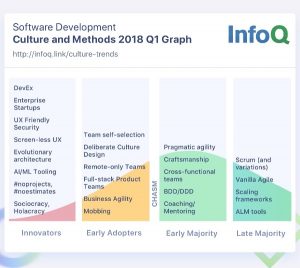November 15, 2014
It’s a common misconception that people learn more from failure than success. But in fact, just the opposite is true.
Here’s Basecamp co-founder Jason Fried’s thoughts on the Signal v. Noise blog:
I don’t understand the cultural fascination with failure being the source of great lessons to be learned. What did you learn? You learned what didn’t work. Now you won’t make the same mistake twice, but you’re just as likely to make a different mistake next time. You might know what won’t work, but you still don’t know what will work. That’s not much of a lesson.
Instead, put most of your energy into studying your successes. What have you done right? What worked? Why did it work? How you can repeat it? Instead of making something worse a little better, how about making something good a little better? Don’t spend so much time looking down. Look up more.
(If you haven’t read REWORK, stop what you’re doing and buy it. It’s great.)
This is pretty profound. At first glance, it seems to go against the common startup moniker “fail fast.”
Is it still okay to fail?
Of course it is.
The idea is simple. Success guides you in the right direction while failures only show you the wrong way. Imagine a GPS that only tells you where not to go. It wouldn’t be very effective.
Here’s a practical anecdote from our own business.
We’re making some changes to our blog. You’ll notice the content has evolved over the last year. Instead of publishing the same tips you can find on any other email blog, we’re focusing on punchy, actionable posts with lots of examples. When we sit down to write a post, the goal is to GTTFP (get to the f’ing point!).
According to the comments, social shares and analytics, people dig the new approach. So we are going to head that direction and see if we can double down on that success. It’s not profound but it makes sense. Do more of what people like.
The question we have for our readers is this: What’s one success that you’ve learned from?
This can be a contentious topic, we’re curious to hear your thoughts.
Business Articles | Business 2 Community
(285)



